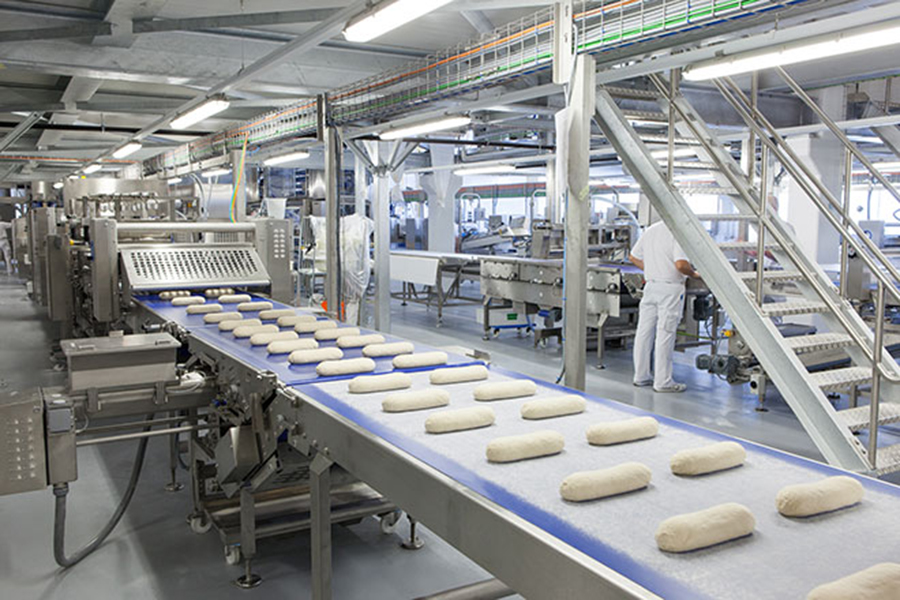
-
 Afrikaans
Afrikaans -
 Albanian
Albanian -
 Amharic
Amharic -
 Arabic
Arabic -
 Armenian
Armenian -
 Azerbaijani
Azerbaijani -
 Basque
Basque -
 Belarusian
Belarusian -
 Bengali
Bengali -
 Bosnian
Bosnian -
 Bulgarian
Bulgarian -
 Catalan
Catalan -
 Cebuano
Cebuano -
 Corsican
Corsican -
 Croatian
Croatian -
 Czech
Czech -
 Danish
Danish -
 Dutch
Dutch -
 English
English -
 Esperanto
Esperanto -
 Estonian
Estonian -
 Finnish
Finnish -
 French
French -
 Frisian
Frisian -
 Galician
Galician -
 Georgian
Georgian -
 German
German -
 Greek
Greek -
 Gujarati
Gujarati -
 Haitian Creole
Haitian Creole -
 hausa
hausa -
 hawaiian
hawaiian -
 Hebrew
Hebrew -
 Hindi
Hindi -
 Miao
Miao -
 Hungarian
Hungarian -
 Icelandic
Icelandic -
 igbo
igbo -
 Indonesian
Indonesian -
 irish
irish -
 Italian
Italian -
 Japanese
Japanese -
 Javanese
Javanese -
 Kannada
Kannada -
 kazakh
kazakh -
 Khmer
Khmer -
 Rwandese
Rwandese -
 Korean
Korean -
 Kurdish
Kurdish -
 Kyrgyz
Kyrgyz -
 Lao
Lao -
 Latin
Latin -
 Latvian
Latvian -
 Lithuanian
Lithuanian -
 Luxembourgish
Luxembourgish -
 Macedonian
Macedonian -
 Malgashi
Malgashi -
 Malay
Malay -
 Malayalam
Malayalam -
 Maltese
Maltese -
 Maori
Maori -
 Marathi
Marathi -
 Mongolian
Mongolian -
 Myanmar
Myanmar -
 Nepali
Nepali -
 Norwegian
Norwegian -
 Norwegian
Norwegian -
 Occitan
Occitan -
 Pashto
Pashto -
 Persian
Persian -
 Polish
Polish -
 Portuguese
Portuguese -
 Punjabi
Punjabi -
 Romanian
Romanian -
 Russian
Russian -
 Samoan
Samoan -
 Scottish Gaelic
Scottish Gaelic -
 Serbian
Serbian -
 Sesotho
Sesotho -
 Shona
Shona -
 Sindhi
Sindhi -
 Sinhala
Sinhala -
 Slovak
Slovak -
 Slovenian
Slovenian -
 Somali
Somali -
 Spanish
Spanish -
 Sundanese
Sundanese -
 Swahili
Swahili -
 Swedish
Swedish -
 Tagalog
Tagalog -
 Tajik
Tajik -
 Tamil
Tamil -
 Tatar
Tatar -
 Telugu
Telugu -
 Thai
Thai -
 Turkish
Turkish -
 Turkmen
Turkmen -
 Ukrainian
Ukrainian -
 Urdu
Urdu -
 Uighur
Uighur -
 Uzbek
Uzbek -
 Vietnamese
Vietnamese -
 Welsh
Welsh -
 Bantu
Bantu -
 Yiddish
Yiddish -
 Yoruba
Yoruba -
 Zulu
Zulu
Custom Design and Manufacturing of Precision Reed Thread Rollers for Enhanced Threading Solutions
Custom Reed Thread Roller Innovating Fastener Production
In the world of manufacturing, efficient production methods and high-quality outputs are paramount for businesses aiming to stay competitive. One pivotal technology aiding this goal is the custom reed thread roller. This specialized piece of machinery is designed to create threads on cylindrical objects, primarily fasteners, and has gained popularity due to its ability to produce high-volume outputs with exceptional precision.
Understanding Reed Thread Rolling
Thread rolling is a cold-forming process where threads are formed on a workpiece by pressing it between two hardened rollers. The custom reed thread roller stands out due to its unique design and operational capabilities. Unlike traditional machining processes that remove material, thread rolling reshapes the workpiece without cutting away material, leading to higher efficiency and reduced material waste.
The custom aspect of these thread rollers is particularly important for manufacturers who require specific thread dimensions or unique configurations that standard machines cannot accommodate. Custom reed thread rollers can be tailored to meet the exact specifications of different industries, such as automotive, aerospace, or electronics, significantly enhancing versatility and productivity.
Advantages of Custom Reed Thread Rollers
1. Enhanced Strength and Durability One of the primary benefits of using a custom reed thread roller is the enhanced strength of the threads produced. The cold-forming process compresses the material's grain structure, leading to stronger and more durable threads compared to those manufactured through traditional cutting methods.
2. High Precision and Consistency Custom reed thread rollers can produce threads with high precision and repeatability. This consistency is crucial for applications where exact measurements are vital, such as in the assembly of complex machinery or vehicles.
custom reed thread roller

3. Increased Production Speed These machines are capable of operating at high speeds, significantly reducing the time taken to produce large batches of threaded components. Manufacturers can achieve higher output rates without sacrificing quality, which directly contributes to lower production costs.
4. Reduced Material Waste Traditional machining processes often result in significant material waste due to cutting. In contrast, the cold-forming process used in thread rolling minimizes waste, making it a more environmentally friendly option.
5. Cost-Effectiveness While the initial investment in custom machinery may be higher, the long-term savings in material costs, labor, and production efficiency often justify this expense. In many cases, the return on investment is realized within a short period due to the streamlined production process.
Applications Across Industries
The versatility of custom reed thread rollers allows them to serve a wide range of applications across various industries. In the automotive industry, for example, they are used to produce screws, bolts, and other fasteners that meet stringent safety standards. In the aerospace sector, custom thread rollers create components that can withstand extreme conditions, ensuring reliability in critical applications.
Additionally, the electronics industry benefits from custom thread rolling technology by producing precision fasteners used in delicate assemblies. The ability to create specific thread sizes and profiles ensures compatibility with a variety of electronic devices.
Conclusion
Custom reed thread rollers represent a significant advancement in fastener production technology. Their ability to produce high-strength, precise threads rapidly while minimizing waste and cost positions them as essential tools within manufacturing processes. As industries continue to evolve and demand greater efficiency, the adoption of custom reed thread rollers will likely increase, driving further innovations in thread rolling technology. This investment not only supports operational efficiency but also enhances product quality, ultimately benefiting both manufacturers and end-users alike.
